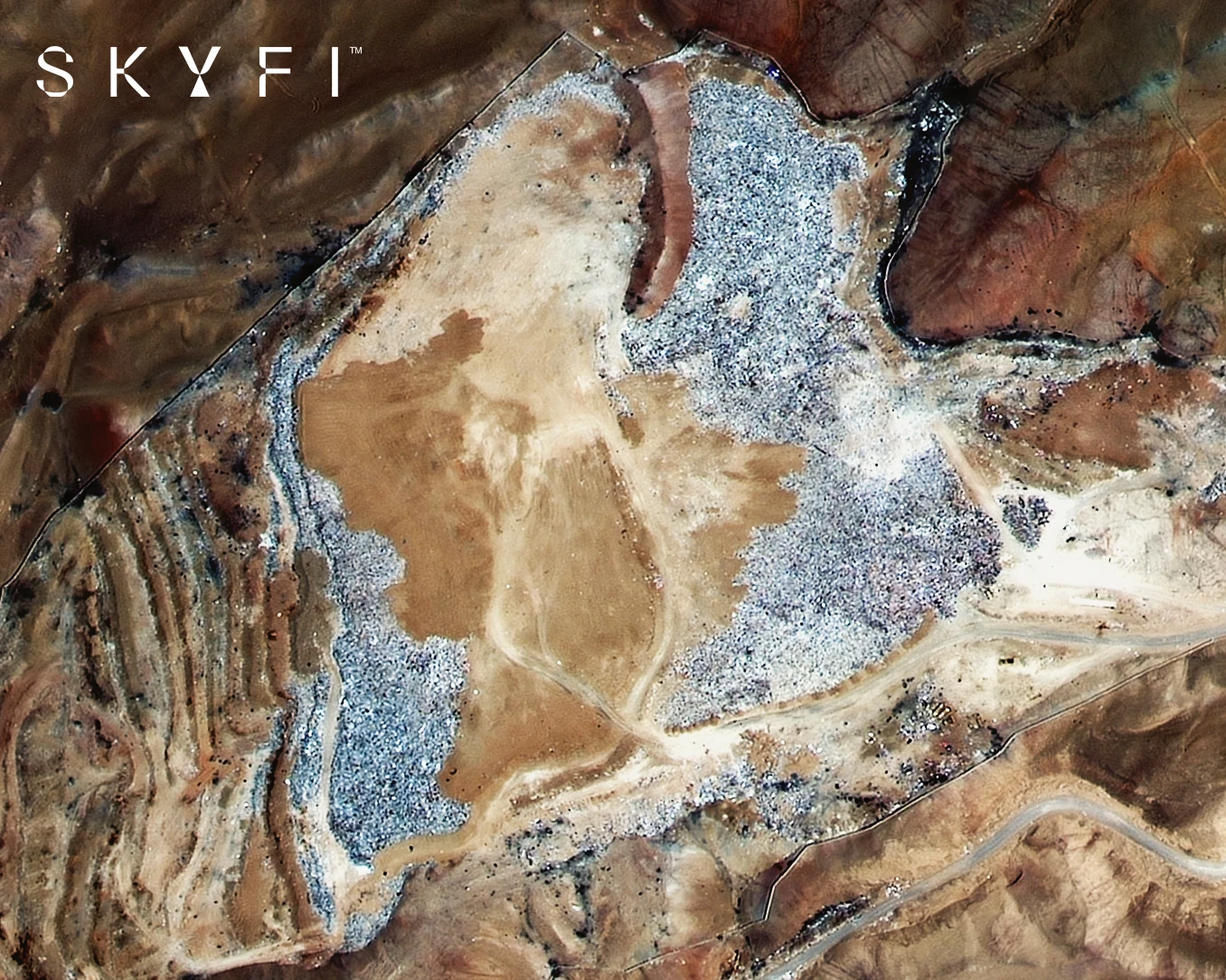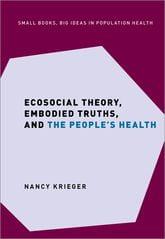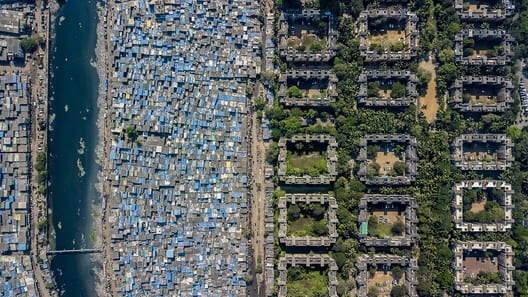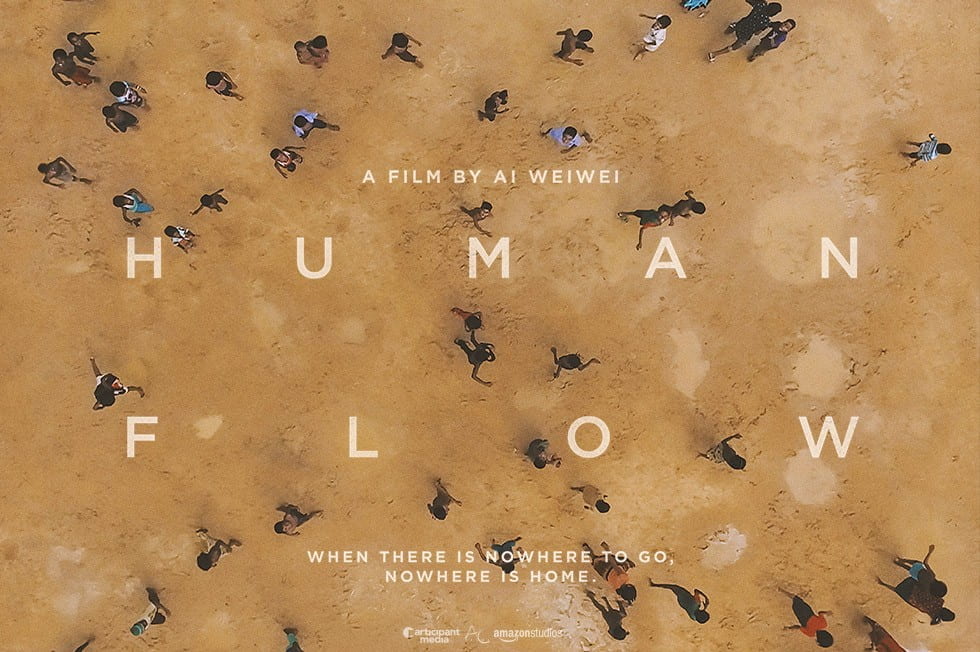
Chile’s Atacama Desert, the driest desert in the world, has been a dumping ground for fast fashion leftovers. A mountain of discarded clothing, including Christmas sweaters and ski boots, cuts a strange sight in the desert, which is increasingly suffering from pollution created by the fashion industry. Find more details here





 The world is eager to come out of lockdown. But if countries simply return to business as usual, new outbreaks of Covid-19 will follow. The only solution that public health experts see is to keep careful track of the coronavirus and clamp down on new flare-ups.
The world is eager to come out of lockdown. But if countries simply return to business as usual, new outbreaks of Covid-19 will follow. The only solution that public health experts see is to keep careful track of the coronavirus and clamp down on new flare-ups.